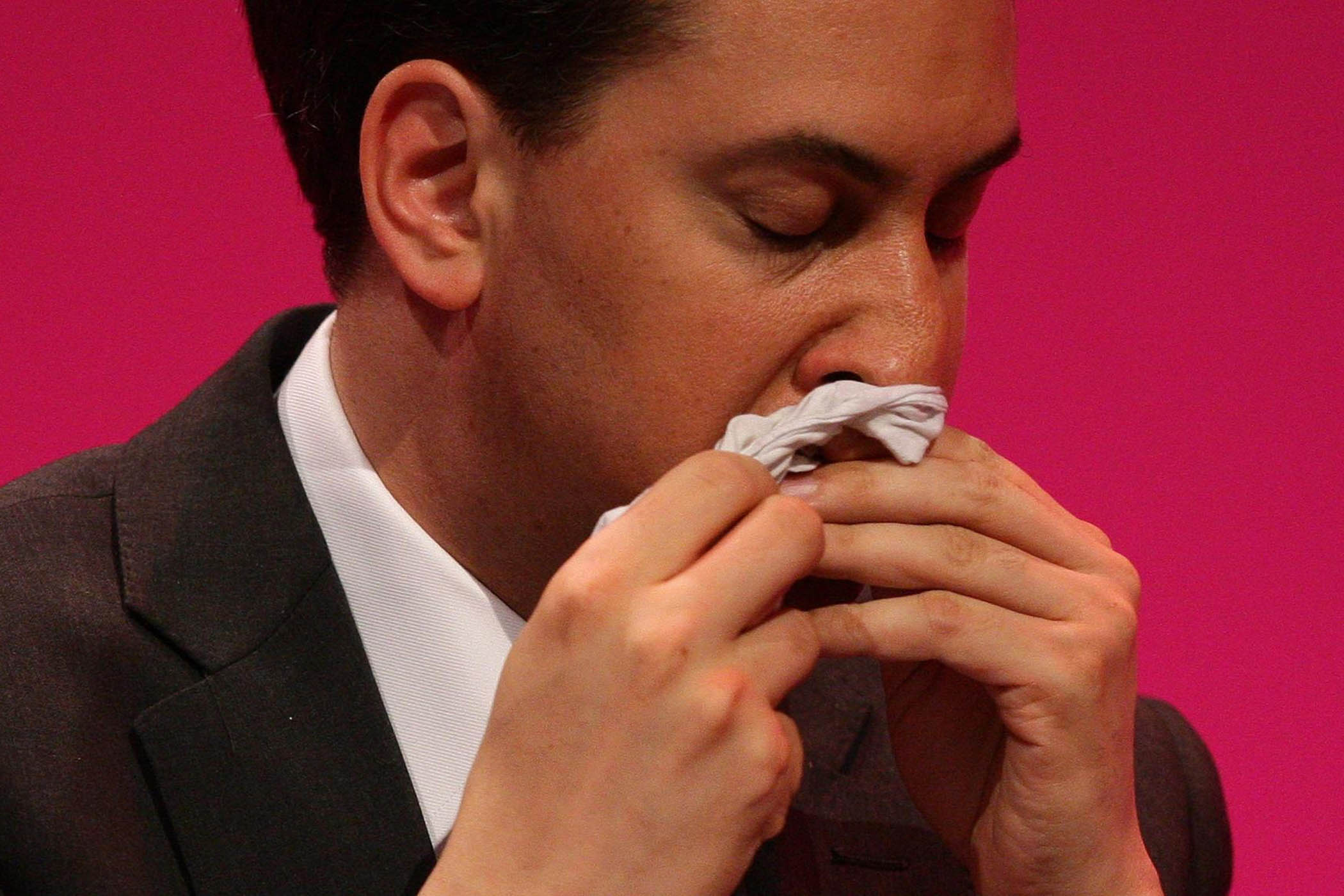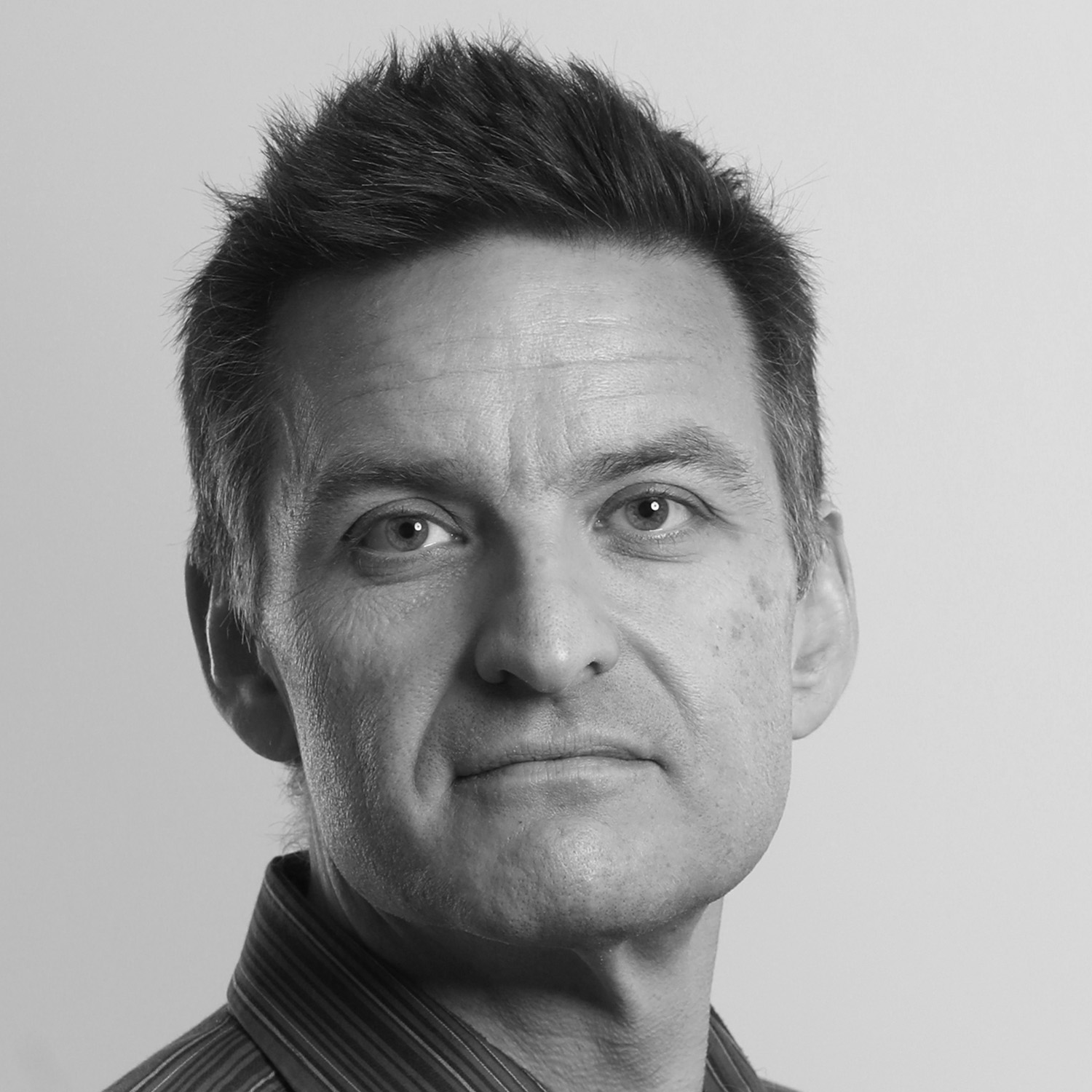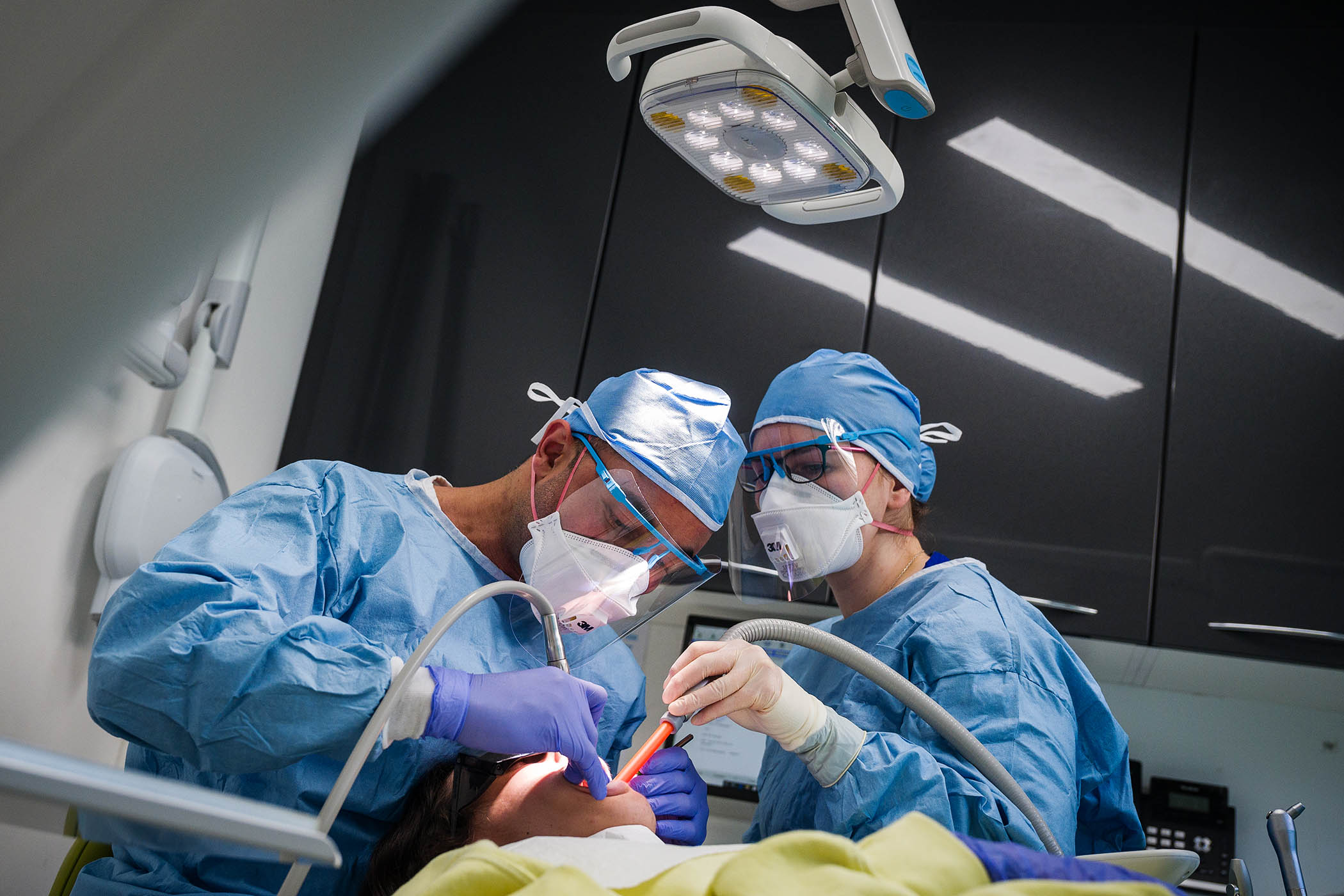Doctors have hit out at an NHS decision to cancel surgery to correct breathing difficulties. Patients in south-east England will receive NHS funding for a septoplasty to straighten their nose only in “exceptional circumstances”, leaving thousands to choose between sleep deprivation from snoring or going private.
The energy secretary, Ed Miliband, had a septoplasty operation in 2011 to cure his sleep apnoea, which was done via the NHS, a spokesperson said at the time, and surgeons say that surgery is the only effective treatment for people with blockages, particularly for asthmatics.
Ashok Rokade, an ear, nose and throat surgeon and president of the British Rhinological Society (BRS), said he was “extremely disappointed” at the move. “We are very frustrated because it makes us unable to provide our best for our patients,” he said.
“Nasal blockages have a severe impact on quality of life, especially for patients with asthma and other chest conditions.”
Rokade said they had not been told what would count as exceptional circumstances and that no cases had so far successfully received funding.
Hampshire and Isle of Wight integrated care board (ICB) told staff that, from 8 September, it would no longer routinely fund nine procedures – except for septoplasty, these were mostly cosmetic treatments. This decision has now been extended to ICBs throughout south-eastern England and surgeons say other regions are likely to follow suit.
The NHS performs about 17,000 septoplasties a year in England, costing approximately £15m. Research published in the BMJ in 2023 about a randomised controlled trial of 378 patients found that surgery was significantly more effective than steroid nasal sprays in improving air flow and quality of life. Sean Carrie, who led the trial, said there was no medical treatment that GPs could substitute for surgery.
Six organisations, including the BRS and ENT UK, have written to Wes Streeting, the health secretary, expressing “deep concern and disappointment” at the decision and saying that patients were already being told of their removal from the waiting list.
The letter says patients suffer “impaired sleep, daytime fatigue, reduced concentration, and reduced quality of life”. Failing to treat patients may not save money, the doctors warn, as the NHS would need to treat complications arising from prolonged use of decongestant sprays and an increase in medical tourism.
A spokesperson for NHS England said: “Services that are commissioned by local NHS teams are based on the needs of their local population, and ICBs consider appropriate funding requests for the treatment when needed.”
Newsletters
Choose the newsletters you want to receive
View more
For information about how The Observer protects your data, read our Privacy Policy
Photography by Alamy



